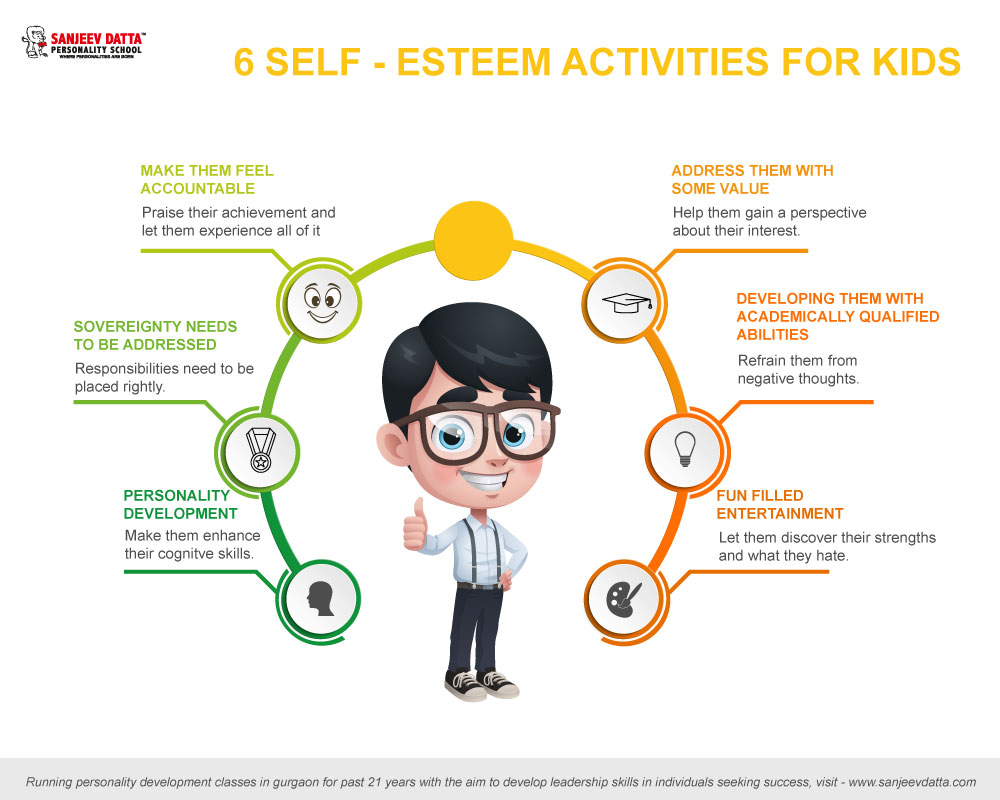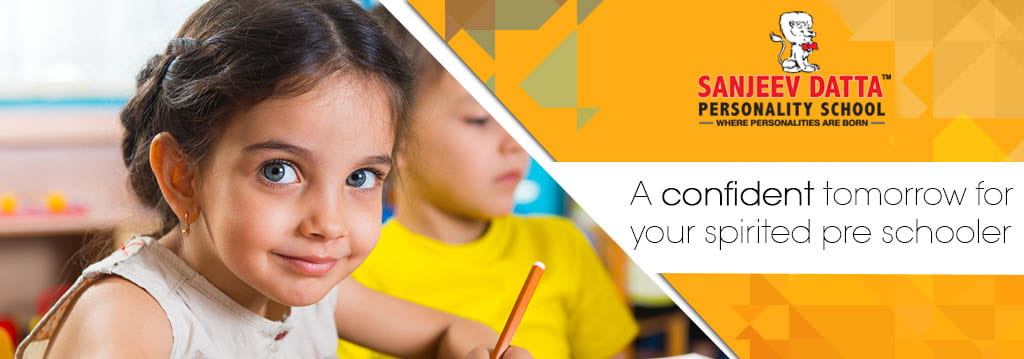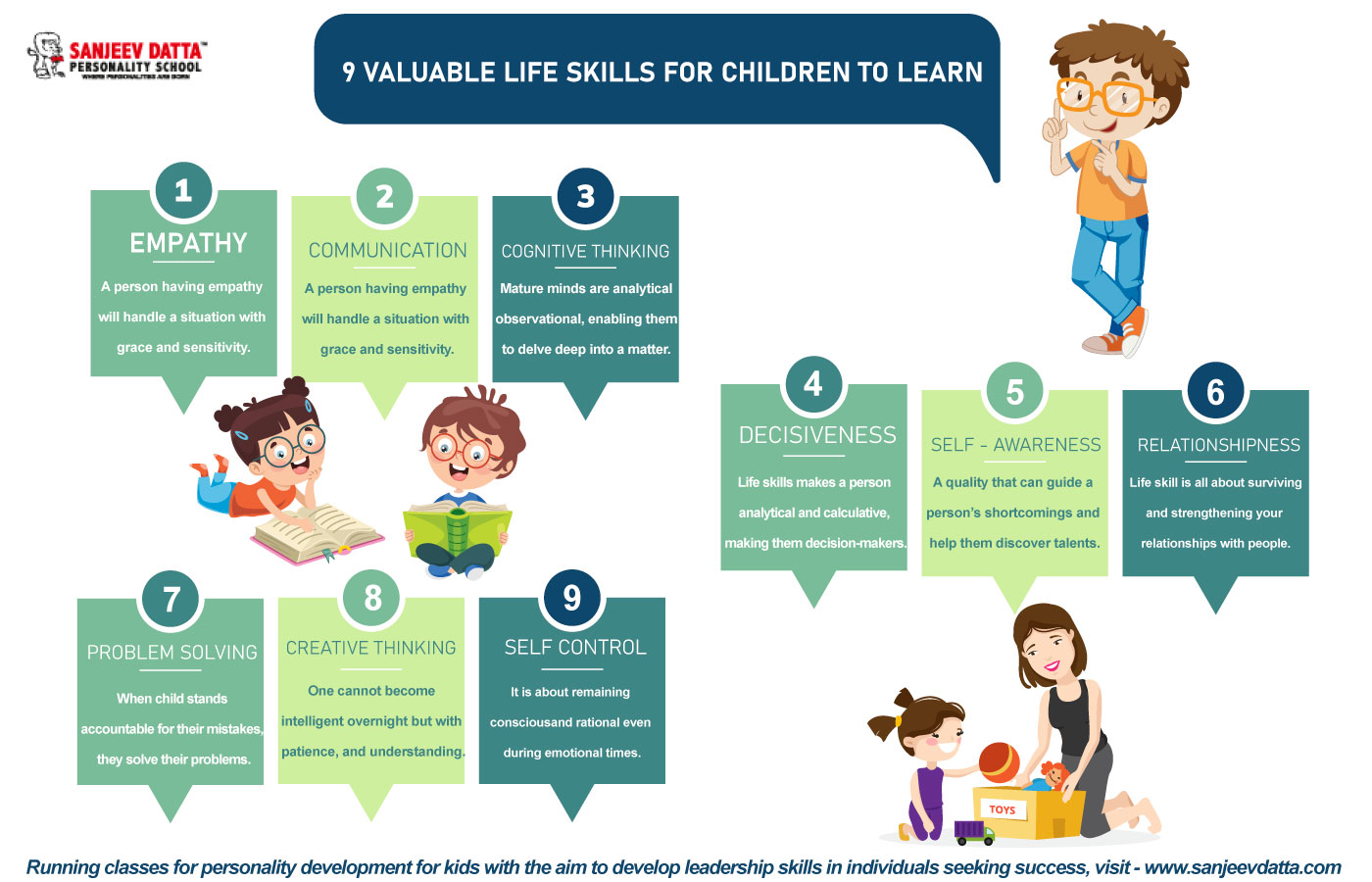Ever wondered why your child seems immensely engrossed in a topic when you teach it with the help of amateur enactments and voice modulation? Have you noticed your child’s tendency to drift off into an imaginary land and take on the personalities of different people? Have you realized that most often the coolest teacher in school is the one who does not shy away from elaborate readings and impromptu staging? The reason for these phenomena is that elements of drama and play are essentially interwoven with education. It enables an effective mode of teaching while providing various aspects for development. Therefore, it is important to consider the benefits of drama and play in education.
Given below are the benefits of drama and play in education:
- Enhances Creativity:
While there are various methods to express oneself creatively, doing so through drama and play is perhaps the most nuanced and complex. Drama and play are put together by combining speech, dance, and acting. It provides room for endless improvisations and experimentation. It helps one to move beyond the rigid constraints of textbook chapters and widen the scope of learning. Drama and play in education will make the learning process interesting and will enhance the creativity of students.
Visit: imagination and creativity in childhood
2. Builds Confidence and self-esteem:
Engaging in acts of self-expression through enactments can boost one’s confidence. Studies have shown that children, even at the tender of three, can have severe body image issues. This will draw them back from any form of social interaction and will thwart their development. Participating in drama at school will make them comfortable in their own skin and rid them of unnecessary fears. It is an effective way to bring forth the thoughts and feelings of an introverted individual. It also contributes to building one’s self-esteem. It is a process that makes one closer and comfortable to the essence of one’s being. It achieves the goals that are primary to the top personality development school.
3. Sharpens Concentration, Critical Appreciation:
Drama and play in education will encourage children to pay closer attention to the various elements at the display. Since drama and play are equally engaging and dynamic, it demands one to pay close attention to it. This will sharpen one’s concentration. Engaging deeply with the nuances of performance will also build critical thinking skills in students. They will feel drawn towards critically examining and appreciating that which has been staged. This will help surpass mediocrity spread through rote learning.
Visit: games to improve reasoning skills
4. Increases Retention of Information:
It is common for people to have a strong visual memory. We seldom forget the details of a movie that we watched enthusiastically. The same cannot be guaranteed about a book or a random collection of information. Utilizing aspects of drama and play in education can thus increase the retention of information by students. The actions and dialogues that accompany the discussion of a topic tend to remain longer in one’s mind when compared to plain facts. Incorporating drama and play in education will thus hugely benefit students who are slow at learning.
5. Develops Soft Skills:
Participating in drama and play as part of education can be helpful in building soft skills. Such activities will improve the communication skills of an individual tremendously. The performance will demand them to articulate in a clear manner along with an appropriate tone. It will also lend students an acute awareness and control over their body language. Furthermore, drama and play can be fundamental in helping students build Emotional Intelligence. It equips them to handle various instances of life and teaches them to sympathize with others.
Visit: soft skills activities for kids
6. Develops Life Skills:
Drama and play in education will also be conducive to the development of some basic life skills like cooperation, collaboration, and teamwork. It will teach students to trust in the capabilities of a fellow performer. Staging a performance together will enable them to build bonds of friendship between students, a quality essential to work together in harmony towards a goal. It will also make them receptive to constructive criticism which can be provided to students to hone their performance skills. This will teach them to receive criticisms in the right spirit and encourage them to constantly strive towards improvement. These are qualities that mark personality development for kids.
Implementing drama and play in education thus has immense benefits that cater towards a student’s holistic development. These benefits testify to the efficacy of TAM or Theatrical Action Method, a copyrighted technique developed by Sanjeev Datta, Theatre Expert & Master Spirit Life Coach, and Viram Datta, psychologist. It blends together techniques and concepts of theatre and techniques in education, performance theatre, Edu-drama along with other elements. It contributes to academic excellence, better observation, and analytical skills, leadership skills along significant development of one’s overall personality. Professional care and interference will thus help reap the benefits of drama and play in education.
Join our personality development course now!










